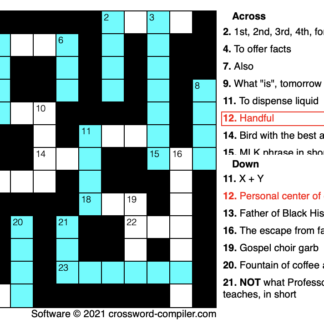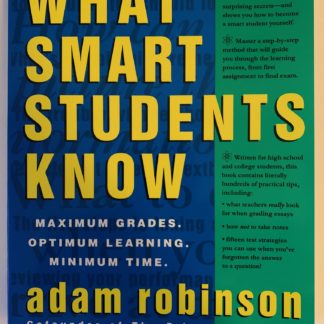Someone I greatly respect told me a few days ago that I was too old to pursue a PhD. “Once you get past 30 (as of this writing, I am well past that age), you won’t get admitted to a program from an elite school,” he added. In the moment that he said, “you’re too old”, time slowed down. I then sank into an inescapable vertigo as I reached out to take hold of an ambiguous ambition.

I had been telling myself that once my sons were far enough along in college that I would continue my own education. But now I have to think harder about what I have been seeking. According to my colleague (let’s call him Professor X), now is the time to DO something, rather than figuring out what should be done and perhaps figuring out how one shall do it–which is what, putatively, one does in graduate school.
It is certainly a valid point that by now, I should have figured out my purpose and should not be searching for one. Or, as Professor X said, I shouldn’t be “looking for a recipe” amongst the curricula of a target school. Instead, I should already be in stride, having an impact on the world based on what I’ve learned through experience. I do have a few accomplishments that count for “doing” something. With my work in education, I’ve published papers and managed programs with impact.
Yet, I cannot escape feeling incomplete. As such, I guess these questions could be asked: “Do I need a graduate degree to continue what I’ve been doing?” “Can specified courses that target areas of interest suffice?” “Am I looking for knowledge or validation?” “Will the end of Act II and Act III of my career require additional ‘credentials’?” These are difficult questions. Chasing answers to them in order to clarify my own basis for achievement is also why I’m on this journey. Whatever I discover now will certainly give way to deeper truth with further reflection.
Choosing not to choose?
There is a layman’s view of career pursuits that encourages exploration and engaging opportunity with a “growth mindset”. Using this approach, one would not map out all of their decisions in advance. Decisions are adjusted according to where life takes them. The downside of this approach is the possibility that certain windows of opportunity may close before realizing what may have been needed to preserve those opportunities for the future.
Austrian economist, Friedrich Von Wieser, who is credited with developing the term “opportunity cost” used it to describe what you are unable to purchase as a function of having spent your money on something else. The definition, however, assumes commitment to an act. Robert Frost’s “The Road Not Taken” poetically considers the commitment to a choice along with the angst of having to decide.
“Two roads diverged in a yellow wood,
And sorry I could not travel both
And be one traveler, long I stood
And looked down one as far as I could
To where it bent in the undergrowth;”
In a full reckoning, NOT committing to an act is a choice in and of itself. In my case, the act was to not commit to a graduate program of any kind beyond a certificate and individual courses. In that reckoning it also becomes clear that if one doesn’t set goals or identify even an intermediate purpose, commitment is not possible. And consequently, achievement cannot be contemplated. Can one let go of the possibilities that seem to have set sail? Can one find peace with one’s past in order to focus on the opportunities that remain?
It is unclear whether Mr. Frost found peace. He ends the famous poem,
“I shall be telling this with a sigh
Somewhere ages and ages hence:
Two roads diverged in a wood, and I—
I took the one less traveled by,
And that has made all the difference.”
Despite saying his choice “has made all the difference”, it’s not clear whether he means that his now metaphorical choice was a good one. He introduces the last stanza with a sigh.
The beginning of purpose
Professor X’s declaration sent me back to my own fork in the road. Once getting back to that place in my mind, I can recall not seeing beyond the “bent in the undergrowth” on the alternate path. Perhaps I would have benefitted from a certified career counselor possessing multiple theories and approaches to provide guidance. Perhaps all I needed was to make a decision.
At this juncture there is still time to look back at where I’ve been and how I thought I could change the world. From there I can assemble purpose inductively. From there I can share my experiences with young people trying to find their way. With the blessing of another tomorrow, it won’t be too late to take the next step.

